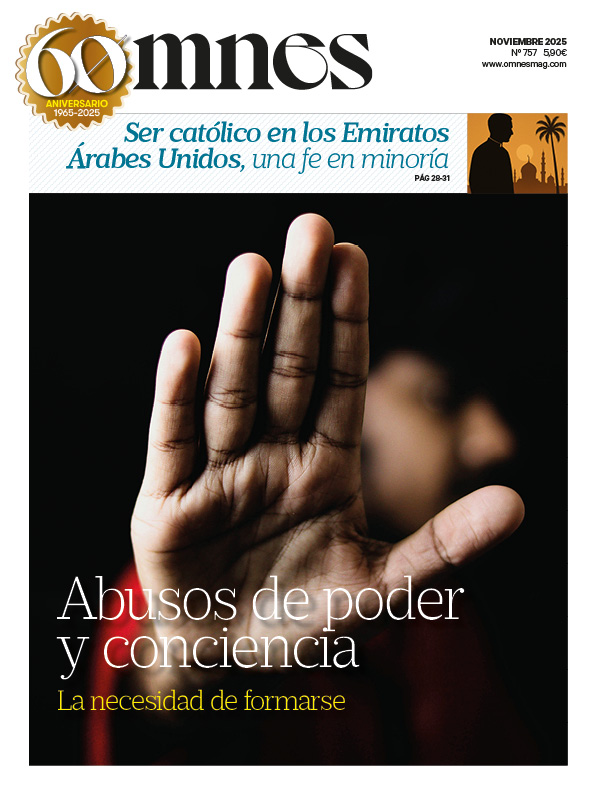We are living in difficult times. The present moment in our society is one of profound uncertainty. People's outlook is low, clinging to what is close at hand, forgetting others, with little hope. This situation is not only caused by the health, economic and, we could say, social pandemic. Something began to be glimpsed a few decades ago, when we began to talk about relativism and its immediate heir, the post-truth.
In a world where anything goes and there are no firm truths, the human being falters. In the face of this difficult reality, Pope Francis has called us all to raise our eyes, to go out to meet others, to care for our neighbor, to call everyone brothers and sisters. In this mission entrusted to us by the Pope, communication is more necessary than ever.
Last year's World Communications Day reflected on the following theme. "We are members of one another." and advocated communication at the service of the human community. The media have this obligation: to be at the service of all. But not all equally, they are more obliged to the poorest, to the most needy, to the most lonely, to those who have lost their life project. Those who dedicate themselves to communication are called to awaken hope, horizons for the future, awareness of responsibility towards others. Pope Francis recalls in Fratelli Tutti that "the mass media also have a responsibility in the field of education and training, especially in contemporary society, where access to training and communication tools is becoming more widespread" (FT 114).
It is true that the situation is not easy for the media either. The digital revolution has already had a big impact on their day-to-day work. The difficult economic situation is now added to this. However, difficulties do not free us from responsibilities: we must continue and we must serve, fulfilling an activity that dignifies communicators and society.
There are many risks in digital, but there are also many opportunities. It allows us to reach many more people. The audience, all in need of hope, becomes global, and the message here reaches more people in less time. Moreover, the message that surfs the Internet and the networks arrives in the present, but it will remain for the future, illuminating the lives of people who may not yet be born. The good that the media publishes on the Internet today will continue to do good for much longer. This increases responsibility, but also the illusion of a job well done, with an eye on the people whom communication serves, protecting them from the dangers of the digital world that the Bishop of Rome so rightly denounces in his latest encyclical (FT 42-43).
Despite all the challenges that modern communication faces today, the mission of the communicator is beautiful, necessary, grateful and essential. In these times, good communication can help us all to look ahead, to build a "we". If it is also a Christian communication, it should teach us to know how to look upwards. Because "Hope is audacious, it knows how to look beyond personal comfort, beyond the small securities and compensations that narrow the horizon, to open up to great ideals that make life more beautiful and dignified. Let us communicate in hope". (FT 55).
Archbishop of the Military Archbishopric and President of the Episcopal Commission for Social Communications







